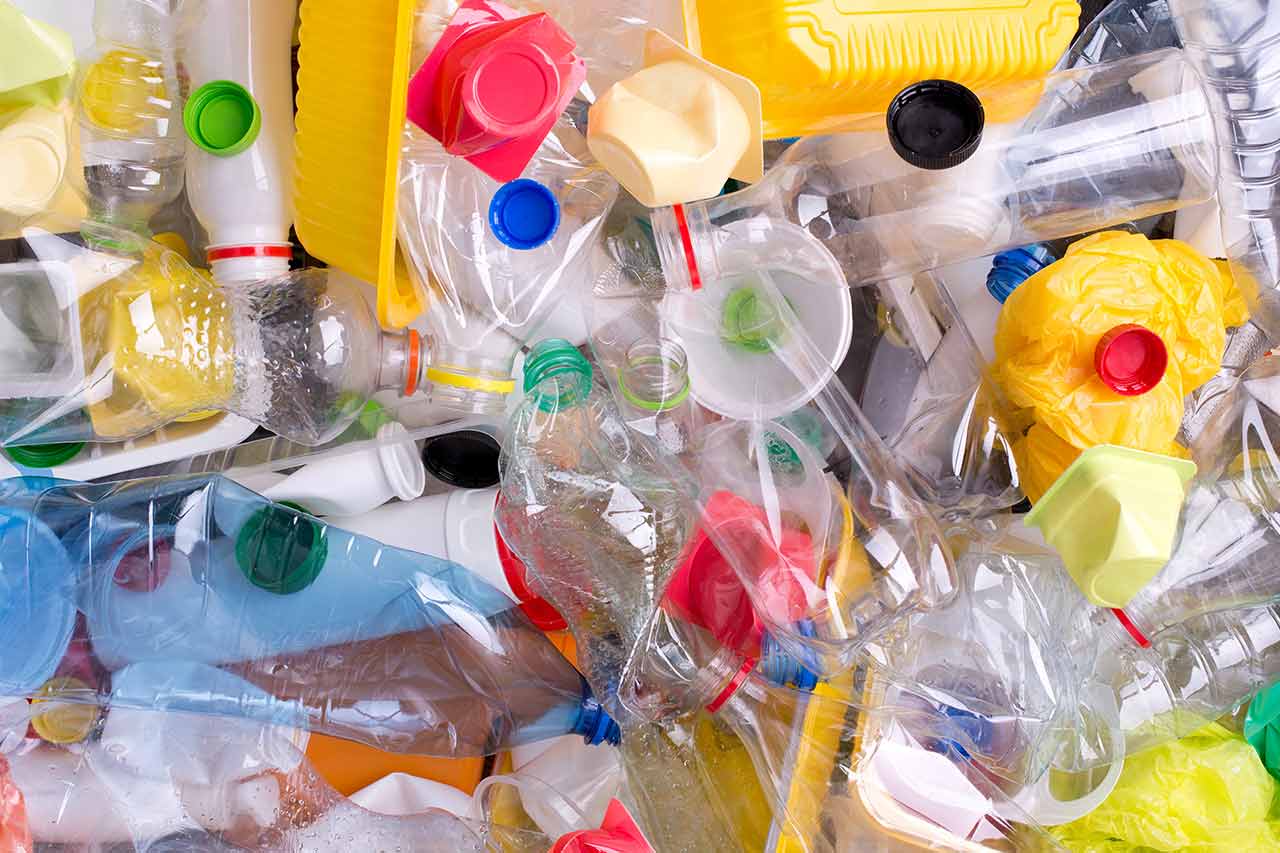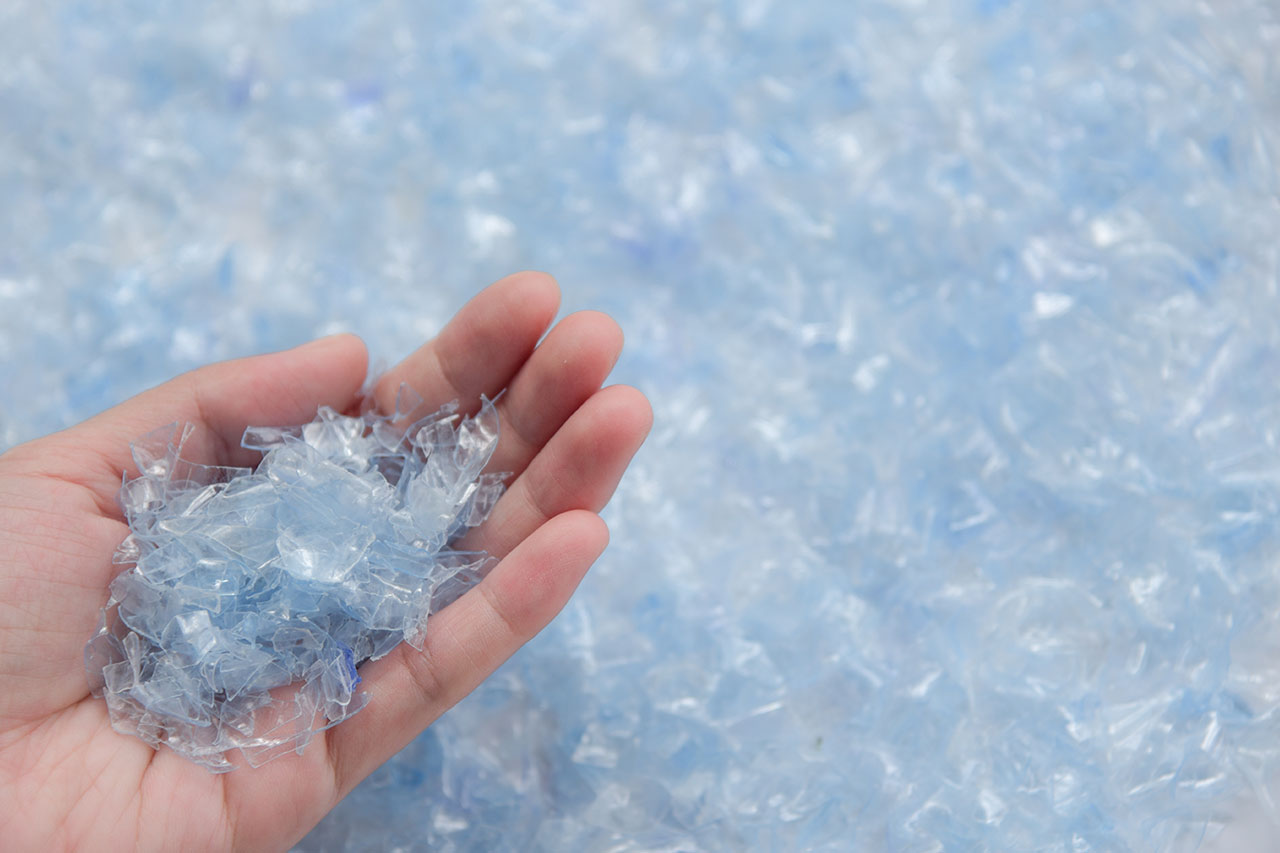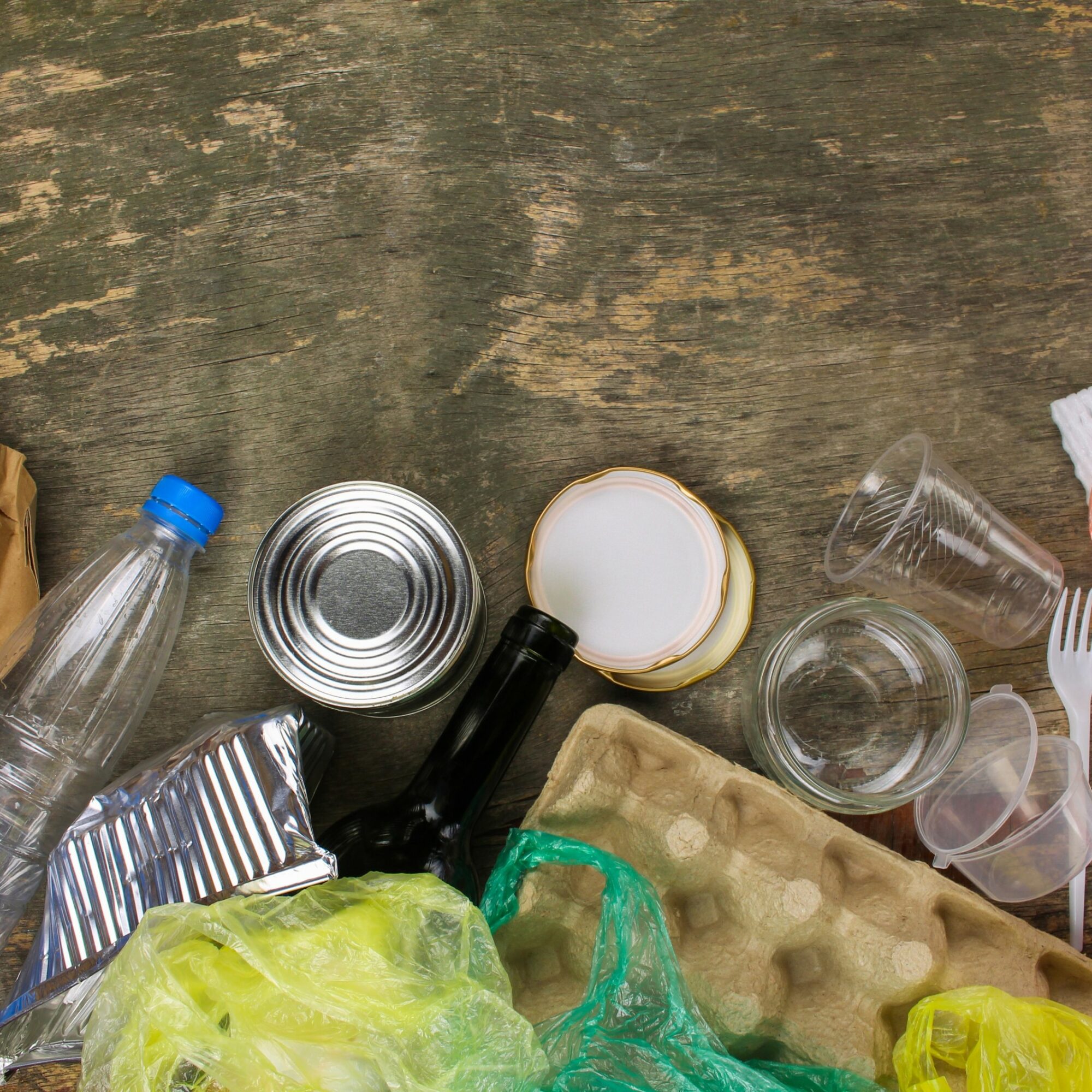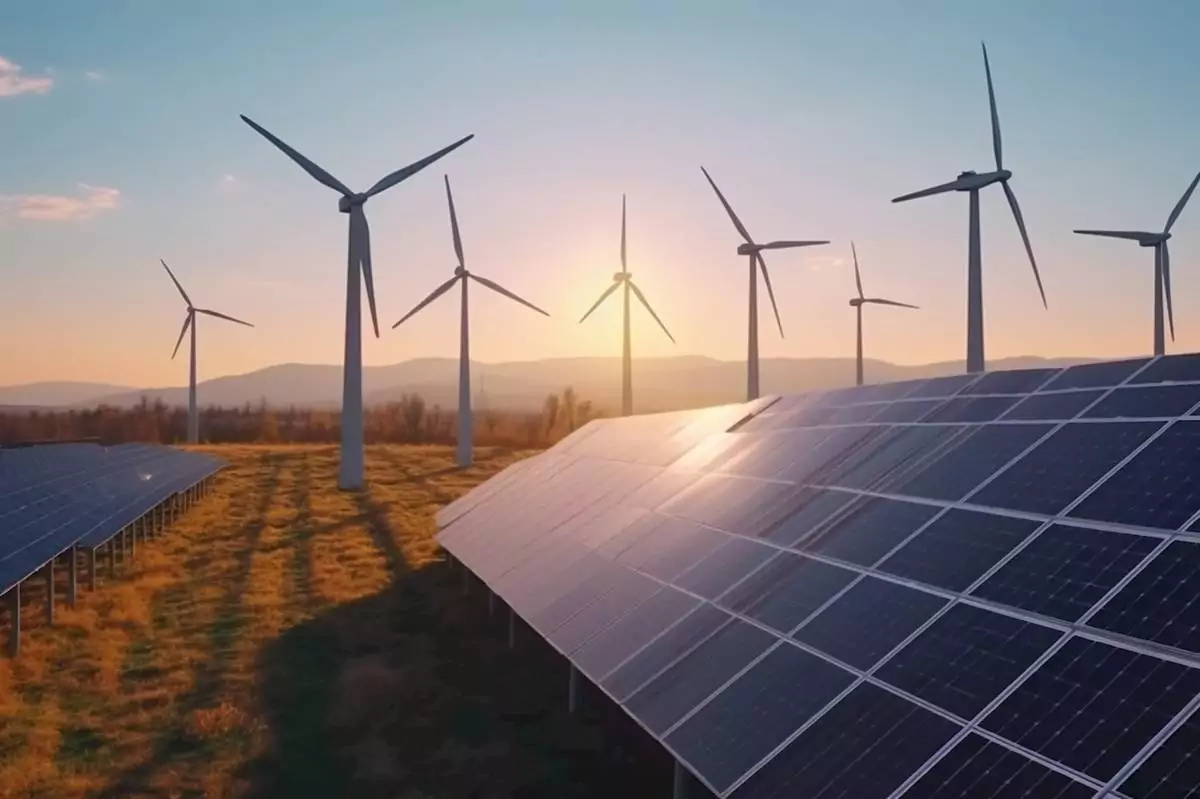A not-so-efficient world of mechanical plastic recycling
With 60,000 companies in the plastic sector in Europe, a turnover of 30 billion euros in France and a demand for plastic that could have doubled by 2050, the plastic industry is expanding. At the same time, European regulations regarding plastic recycling are becoming stricter. By 2025, all plastic packaging will have to contain at least 25% recycled plastic and 65% of packaging will have to be recycled. However, in Europe in 2019, out of the 29.1 million tons of collected plastic, only 9.4 million tons were actually recycled. The rest of the collected plastic is either incinerated or landfilled. Indeed, some plastics cannot be recycled, either because of the nature of the base polymer, or because of the advanced state of deterioration of some packaging.
Moreover, – except for PET that can be recycled and reused in the food industry – mechanical recycling, which is practiced in almost all cases, does not allow the production of recycled materials pure enough to be reused in certain fields of application, particularly in food packaging. In mechanical plastic recycling, post-consumer plastic is washed, crushed and then transformed into granules which are then re-melted for other non-food applications.
Chemical plastic recycling, a promising alternative
It should be remembered that the primary material of plastic is a polymer which is itself made out of oil, among others. Chemical plastic recycling works as follows: the plastic waste undergoes a chemical reaction such as pyrolysis in order for the components of plastic to get separated and to obtain the basic polymer again. This polymer is purified of contaminants coming from the former material. It is then possible to neo-form a new plastic as pure as the native plastic using this purified polymer. This technique allows the recycling of all types of plastics (PP, PE, PS…), including those that cannot be recycled mechanically as of today, for example plastic film.
Levers, brakes and prospects for chemical plastic recycling
Although chemical plastic recycling is not yet developed on a large scale, it seems nonetheless quite promising. When the process begins to be mastered industrially, it will be possible to produce plastic in an almost closed loop, without any new use of oil and with a 100% reuse of post-consumer plastic. The purity of the chemically recycled material will also allow the food industry to have access to larger volumes of recycled plastic with a food grade for their packaging.
However, a certain skepticism regarding this recycling method remains, particularly because of the price of recycled materials. As a matter of fact, chemically recycled materials are more expensive than native materials. Chemical recyclers may also need to inform the public on this technology in order to reduce the global disbelief about this often misperceived chemical process.
These potential obstacles do not prevent some players in the food industry from establishing partnerships with petrochemists: for example, in 2019, Magnum released ice cream pots containing 25% of chemically recycled plastic (polypropylene) on the market, in collaboration with the petrochemical company Sabic. Another example is the creation of sausage packaging containing two thirds chemically recycled plastic for the German food brand “zur Mühlen” by Sabic, BASF and Südpack. In October 2020, for the second year in a row, Citeo, a French company specialized in the recycling of household packaging, organized the “Plastic Solutions” Forum during which 10 start-ups working on the theme of chemical plastic recycling presented their projects.
In a world where circular economies are getting more and more important, chemical plastic recycling should be used as a complement to mechanical recycling. This could help to achieve the goals fixed by the European Commission regarding the incorporation of recycled plastic into packaging more easily, and enable the development of new valorisation strategies.
About the authors
Amélie, Consultant in Alcimed’s Life Sciences team in France
Alice, Project Manager in Alcimed’s Life Sciences team in France



